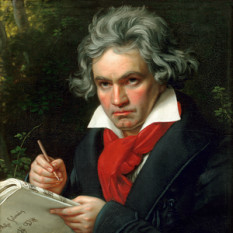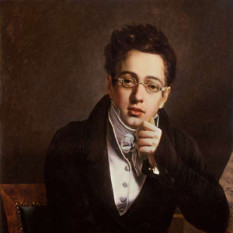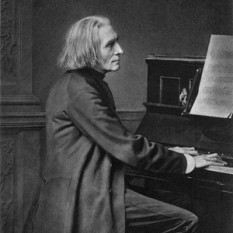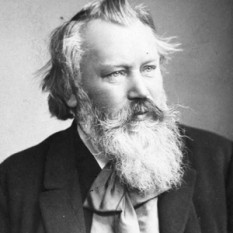Fryderyk François Chopin (1810 –1849) is one of the most famous, influential, and admired composers and virtuoso pianists of the Romantic era.
He was born Fryderyk Franciszek Chopin, of Polish and French parentage, on 1st March 1810 in the village of Żelazowa Wola, Poland. In Warsaw he was hailed as a child prodigy and as the "second Mozart" for his piano and composition skill, for which the composer Robert Schumann complimented the talented pianist: "Hats off, gentlemen, a genius!" Due to the political situation in Poland, he left his country for France at the age of twenty. There he composed his two piano concertos with their patriotic Polish themes and rhythms, based on traditional Polish dances. He never returned to Poland, but after his death his sister Ludwika took his heart to Poland - in accordance with his last will, where it was placed inside a pillar of the Holy Cross Church at Krakowskie Przedmiescie Street.
In Paris, he made a career as a performer and teacher as well as a composer, and he adopted the French variant of his name, "Frédéric-François". In 1836 he met the French writer George Sand, with whom he had a relationship for nine years until 1847. He suffered poor health for much of his life and this forced him to give up performing and teaching shortly before he died on 17th October 1849.
His compositions, which are almost exclusively for the piano, such as the Funeral March piano sonata and the twenty-seven études (op. 10 and op. 25, plus a further set of three without opus numbers), are widely considered to be amongst the pinnacles of the piano repertoire. Although some of his music is among the most technically demanding for the instrument, Chopin's style emphasises poetry, nuance, and expressive depth, rather than mere technical display. He is often cited as one of the mainstays of Romanticism in nineteenth-century classical music.
.
All albums
You can find information through the best music search engine - Muzlan.top 😊All materials on request "Frédéric Chopin" are available on page Frédéric Chopin
Yes of course. You can listen tracks on the page Frédéric Chopin
Yes of course. You can download tracks on the page Frédéric Chopin
This page is found by queries: Frédéric Chopin mp3 download, Frédéric Chopin free download, Frédéric Chopin song download, Frédéric Chopin song listen, Frédéric Chopin all mp3




